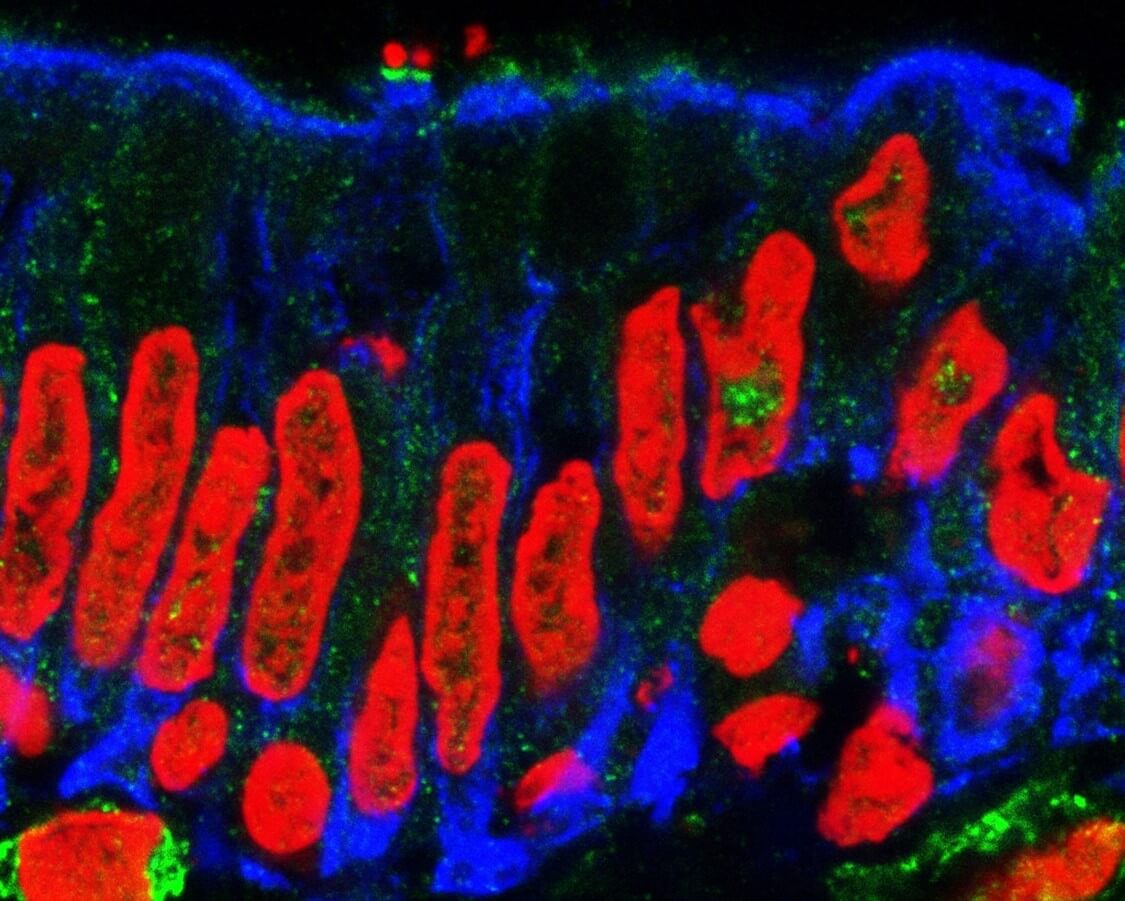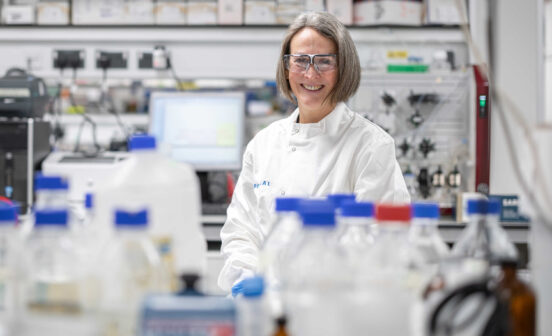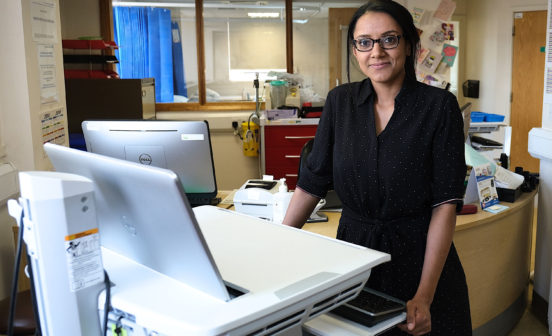DiagnosticPartnershipTherapeutic International expert panel publishes consensus statement on microbiome role in cancer

An international panel of experts in a range of disciplines, such as oncology and microbiology, answered key questions regarding the contribution of the human microbiome to cancer development.
The human microbiome refers to the large number of microorganisms that reside within our bodies. The largest and most complex of these ecosystems resides within the gut and it contributes both to the development and maintenance of healthy physiology. With the rapid advances in computational biology, researchers are beginning to understand the spectrum of microbial functions that contribute to the causes of non-communicable diseases such as obesity, cardiovascular disease and increasingly, cancer.
Although there have been a large number of studies that have established an association between the gut microbiome and cancer, there is still significant debate on the subject of causation. On this basis, in 2017 the International Cancer Microbiome Consortium (ICMC) was established, comprising academic and clinical experts in oncology and the microbiome. ICMC set out to discuss current research evidence and to establish an expert consensus regarding the role of the human microbiome in carcinogenesis causation. The results of this debate and a finalised consensus were recently published in BMJ Journal Gut.
Panel members consisted of 18 experts from Canada, China, Europe and the USA, representing research fields of the microbiome, surgical and medical oncology (upper and lower GI cancer, urological cancers, oncogynaecology) and bioinformatics. Opinions on select questions were gathered and analysed in a structured, multi-stage process, aiming to address whether the human microbiome plays a causative role in cancer development/progression. The focus was largely on colorectal cancer and gut microbiome, due to an existing literature bias.
The panel concluded that evidence of a direct causative role for the human microbiome in carcinogenesis is lacking and that it remains unproven. Nonetheless, the majority agreed that the hypothesis is plausible, given pre-clinical and early clinical evidence. This work outlined how future research strategies should be designed to provide evidence for causation and concluded that adequately powered, human longitudinal studies should be a focus in the future.
This work was funded by NIHR Imperial BRC and Cancer Research UK. NIHR Imperial BRC Gut Health, Cancer and Surgery Themes continue to work in collaboration with St Mark’s and Royal Marsden Hospitals to address the link between the human microbiome and colorectal cancer.





